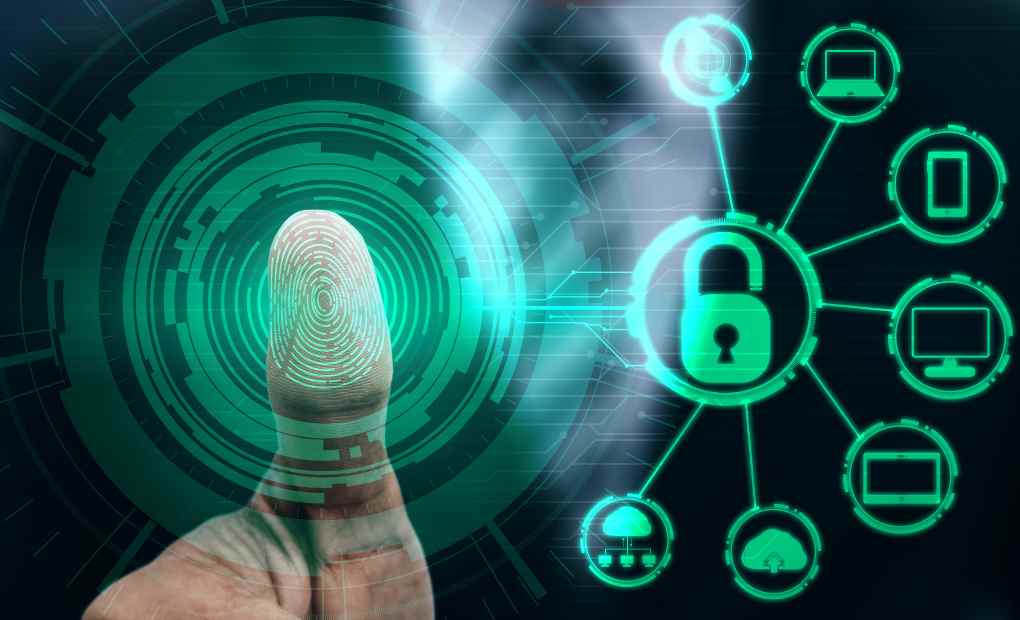The Benefit of Biometrics in Banking and Payments
There is no doubt that biometrics are undoubtedly changing people’s habits in almost every aspect of their daily lives. This includes its use in banking and payment transactions. Using the fingerprint to unlock the smartphone is already common practice for many people. New top models are making this possible through facial recognition.
There still needs to be presentable applications in this country in financial services and payments. However, some institutions pointed to this trend some time ago. Foreign banks have moved on. They are already using biometric solutions, as the following five examples show.
Vein scan mobile payment
Vein scans are considered one of the safest biometric procedures. Customers can sign up in minutes and deposit a payment card. They place their finger through a vein scanner at checkout to pay. A detailed vein analysis and comparison with the database is performed in seconds using infrared light. The amount is then debited from the deposited card, and the customer receives a receipt by e-mail.
Also Read: What is a Cryptocurrency
With a cut finger, the whole thing does not work. The condition is that the person is alive. The system checks the pulse and the presence of hemoglobin. According to the manufacturer, no known method exists to hack a vein scanner. In addition, the data would only be stored and transmitted in encrypted form and therefore be protected against access.
Loyalty and bonus programs can also be stored. Thus, the system – developed in collaboration with Visa and Worldpay, is secure, fast, convenient, and offers added value to the customer.
Mobile payment by fingerprint
If you ask consumers, they are enthusiastic about biometric identification procedures when making payments. Interestingly, fingerprints are the most popular, but experts say they are the least secure biometric method. An example of how this can be used in practice was presented here some time ago. In a hotel, holidaymakers enroll in the payment procedure during check-in and associate their biometric data with the desired payment procedure (e.g., credit card). They no longer need a wallet at the pool but can pay for their drink by swiping a finger.
Biometric patterns of behavior for identification
Major British bank NatWest uses technology from Israeli start-up BioCatch. The system creates a “unique user profile” by capturing more than 500 behavioral characteristics, such as hand-eye coordination, typing, hand tremor, navigation, scrolling, and other finger movements. Templates are constantly checked at login and during an online banking session. Thanks to this continuous authentication, anomalies in behavior can be detected immediately. The system also detects BOTs, RATS, malware, and other malicious account takeover attacks.
Voice recognition for customer identification
A person’s voice is as unique as their fingerprint. It includes over 100 features based on the physical configuration of the speaker’s mouth and neck. Some banks use these features for voice recognition and customer identification in their call centers. When a customer calls the service center, identification is based on the first words spoken. Customers must register for this by voice swipe. After a test, the procedure was rolled out to all the bank’s customers. This results in greater customer convenience, faster processing times, and fewer fraud cases.
Face recognition in banking
In biometric face recognition, a camera registers a person’s face. It compares it to one or more previously stored facial images. Different methods exist, but they all use certain key features.
Some banks are testing a biometric procedure (including 2D and 3D) from Microsoft for face recognition. This should allow customers to connect to their online banking in the future. The disadvantage of the procedure is that it requires specific hardware, which is only available on some devices. The situation is different for ATMs.
A Chinese bank compares the data stored on the bank card with a facial scan and only authorizes the debt afterward. It is, therefore, a two-factor authentication. A similar procedure is currently being tested. Instead of a card, the second identification takes place via a smartphone.
Also Read: How to Identify Main Security Incidents that Can Affect Companies

